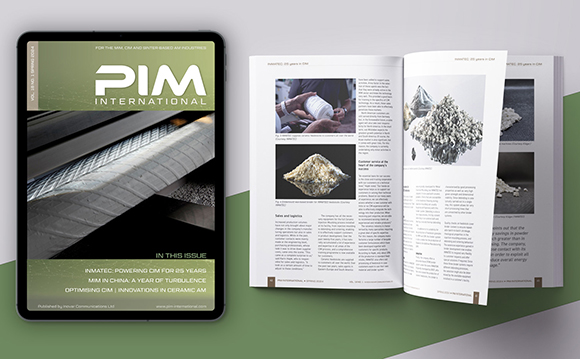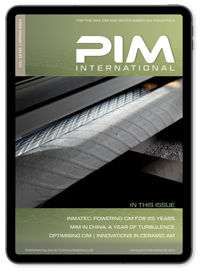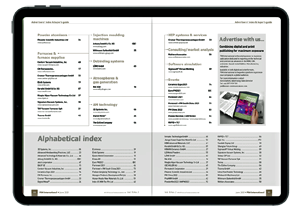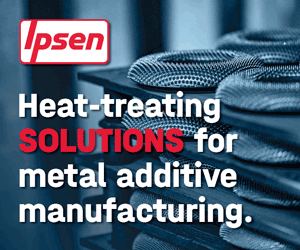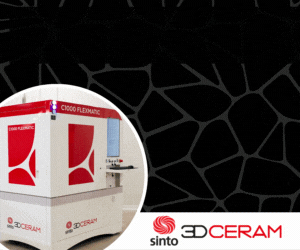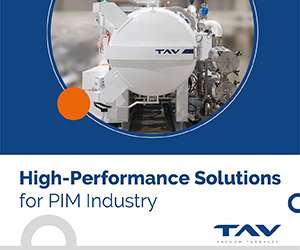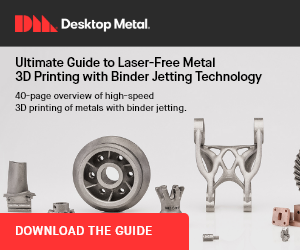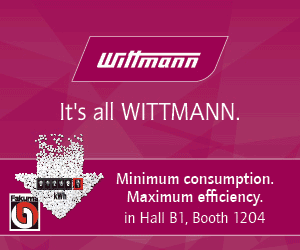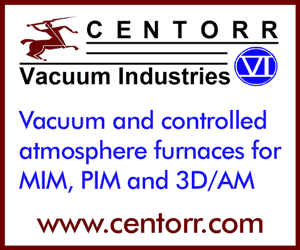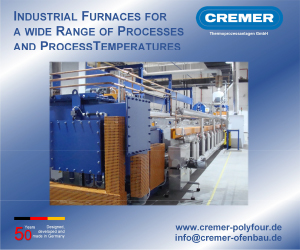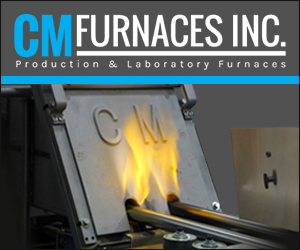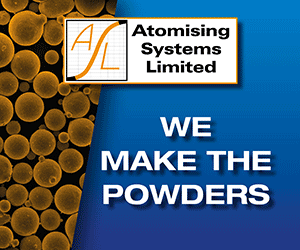CECIMO addresses four important points to support AM’s growth after COVID-19
May 27, 2020
CECIMO, the European Association of Machine Tool Industry and Related Manufacturing Technologies, has published a document aimed at addressing some of the important issues highlighted for the European manufacturing sector during the coronavirus (COVID-19) pandemic.
The beginning of the COVID-19 crisis posed a challenge to the usual production and distribution channels for medical devices. Due to the scale of the demand, the conventional suppliers of this essential equipment were unable to provide immediate solutions to hospitals.
During the pandemic, the Additive Manufacturing community has provided immediate solutions for hospitals experiencing shortages of essential medical equipment, and is continuing supporting this sector by providing easy access to personal protective equipment (PPE) and swabs.
The association stated that it wished to highlight the importance of implementing at least some of the measures proposed in its earlier document ‘Recommendations to policymakers’, such as enabling quicker and easier access to the market for new essential medical and protection equipment by providing temporary access to certification.
However, the association noted that the COVID-19 crisis has not only showcased how AM can contribute to solving supply chain gap, but also opened discussions about key elements for the sector’s future growth.
During recent months, CECIMO stated that it has collected input and feedback from the Additive Manufacturing industry and compiled the below four points that it believes should be addressed ensure the sector’s growth in the coming future.
1. The need for dedicated AM standards and certification
Standards play a fundamental role in stimulating innovation and business development. However, this crisis called attention to the lack of standards and certifications currently available in this sector.
During its call to action for the AM community to provide assistance during the crisis, CECIMO received a high number of questions from both companies and policymakers concerning materials, quality control and operating procedures during emergencies and the need for accelerating the certification processes.
“It is essential to fast-track the development of standards and certification procedures to enable the use of AM in different areas and consequently allow the entire sector to expand,” the association stated. “We are convinced that this is an opportunity to accelerate industry collaboration and engagement in the development of AM standards.”
CECIMO added that it continues to engage with its network to foster Industry collaboration and partnerships and promote discussions that could lead to the establishment of clear standards (e.g. contributing to the launch of the ISO TC261 and the ASTM F42 joint group: ISO/TC 261/JG 78 – Safety regarding AM machines).
2. Importance of rethinking conventional supply chain
CECIMO noted that recent supply chain disruptions in the medical industry should raise the awareness of other critical sectors, such as energy, of the importance of a flexible supply chain and build domestic capacity to prevent the risk of interruptions.
The association believes that it is essential to support companies that wish to implement changes in their supply chain by investing in the deployment of new solutions could help build a more resilient industry in Europe.
AM, it stated, can provide on-demand solutions, allowing an easier substitution of parts as well as on-site production of critical items. Furthermore, AM is an appropriate choice for low-volume production in many sectors, thanks to its ability to fabricate with low setup times and costs and the possibility to eliminate work-in-progress inventories, while maintaining a high degree of supply chain responsiveness.
CECIMO called for the allocation of EU funding to promote innovative solutions, such as AM, which could support Europe in achieving a strategic autonomy in the construction of critical goods.
3. Regulations should focus on unleashing technology’s potential
CECIMO observed that AM has been on the legislative radar of European institutions since long before the COVID-19 outbreak. However, this focus was often directed on how to regulate specific issues and not on how to best exploit opportunities linked to the use of AM (e.g. enabling more localised and on-demand manufacturing).
The association believes that it is necessary to look at how AM can complement conventional manufacturing in the B2B environment and contribute to making critical sectors such as energy, construction, medical and aerospace more efficient and sustainable.
CECIMO believes that the recently-launched EU industry strategy could boost the integration of AM in more sectors, ensuring a more resilient and competitive manufacturing industry in Europe.
For these reasons, the CECIMO network is said to be committed to promoting the benefits of AM with policymakers and relevant stakeholders, to advocate for the inclusion of the sector in the implementation of the industry strategy.
4. Lack of skilled workforce can slow-down AM growth
The lack of skills in AM remains one of the biggest challenges for the sector’s potential. As one example, CECIMO noted that the quick adoption of AM solutions in hospitals will result in an immediate demand for a new specialised workforce.
It is, therefore, essential to expand the pool of European workers who are able to work across the full AM work flow, from design to final parts, in different sectors. Many current initiatives and projects are aiming to tackle the skills shortage by answering the industry’s demand for personnel, CECIMO stated, rather than planning how to develop the needed competencies among workers.
CECIMO takes part in the European project SAM (Sector Skills Strategy in Additive Manufacturing) which, building on the results of the METALS project (MachinE Tool Alliance for Skills), is attempting to solve this issue by analysing current trends and identifying the skills that are needed today and will potentially be required in the future. These activities will enable the SAM project partners to anticipate future skills needs and redesign professional profiles according to the industry’s skills needs, among other things.




